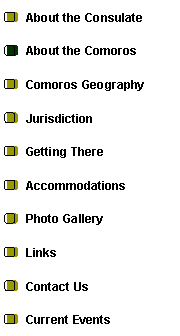
|
The archipelago of the Comoros consists of four islands:
Ř Ngazidja (Grande Comore) Ř Mwali (Moheli) Ř Ndzuwani (Anjouan) Ř Maoré (Mayotte)
|
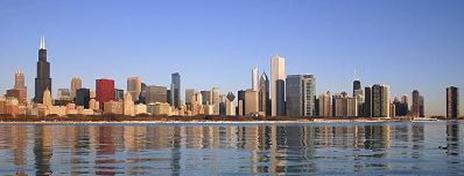
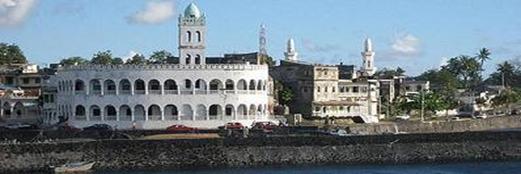
Country Profile |
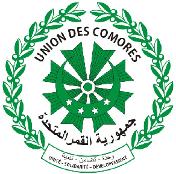
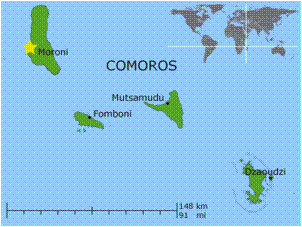
|
Located in a strategic position at the northern end of the Mozambique Channel, the islands arose from the seabed of the Western Indian Ocean as a result of volcanic activity.
The Comoros islands once played a role in the world economy with the Indian Ocean being the major gateway. For centuries, they were a major stopover along the mercantile routes from the East towards Africa and to the West. The capital city Moroni is on Ngazidja (Grande Comore) island.
The famous Coelacanth lives in the waters of the deep blue sea surrounding the islands. It is a unique fish once thought by western scientists to have been extinct for millions of years. But in the second half of the last century, Comorian fishermen regularly caught coelacanths in the deep waters near the islands of Ngazidja (Grande Comore) and Ndzuwani (Anjouan). Several specimens have since been preserved and can be seen today in museums around the world.
There is an abundance of life in the sea around the Comoros. One can find everything from giant whales, sharks, manta rays, sailfish, sunfish, lobsters, crabs and tiny shrimp. Coral reefs, miles of sandy beaches, plus fresh water streams and shoreline springs provide multiple habitats for the marine life.
The islands became a French colony following the Berlin conference of 1886-7 and remained under French political control until 1975 when the islands unilaterally declared independence from France. Three of the islands, Ngazidja (Grande Comore), Mwali (Moheli), and Ndzuwani (Anjouan) are now forming the Union of Comoros and have been given considerable autonomy. Although recognized by the United Nations' General Assembly as part of the independent nation of the Comoros, the fourth major island of the archipelago, Maoré (Mayotte), continues to be administered by France in violation of international law. |